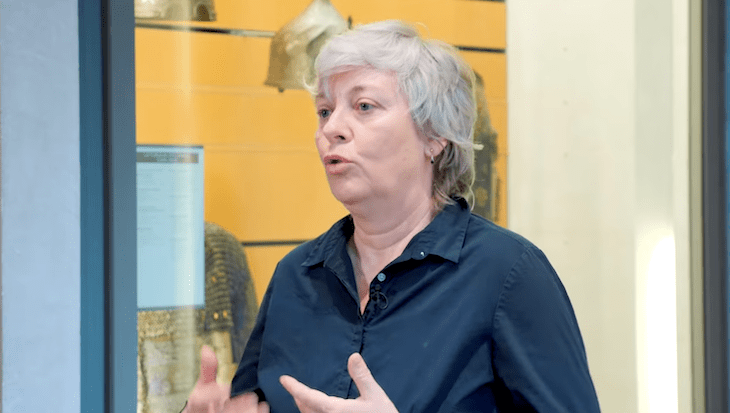Loitering by the entrance, I clock a large gentleman with tattoos crawling up his neck from underneath his collar. It’s immediately obvious he’s not there for lunch: he is there on behalf of the French state to prevent an assassination. Specifically, the targeting of the academic I am meeting: Dr. Florence Bergeaud-Blackler, who’s been living under police protection for the last six weeks since the reaction to her book on the Muslim Brotherhood took a turn.
The Muslim Brotherhood is perhaps the most significant Islamist organisation in the world. A political party founded against the backdrop of 20th century colonialism in Egypt, it arrived in the West via students and exiles fleeing repressive regimes in the Arab world. It is also obsessively secretive. So an anthropologist probing and writing about the group’s activities doesn’t go down well.
The rumblings began before the book was even published. When the book came out in January though, Bergeaud-Blackler, no stranger to sensitive subjects, could not have anticipated the response.

Get Britain's best politics newsletters
Register to get The Spectator's insight and opinion straight to your inbox. You can then read two free articles each week.
Already a subscriber? Log in






Comments
Join the debate for just £1 a month
Be part of the conversation with other Spectator readers by getting your first three months for £3.
UNLOCK ACCESS Just £1 a monthAlready a subscriber? Log in